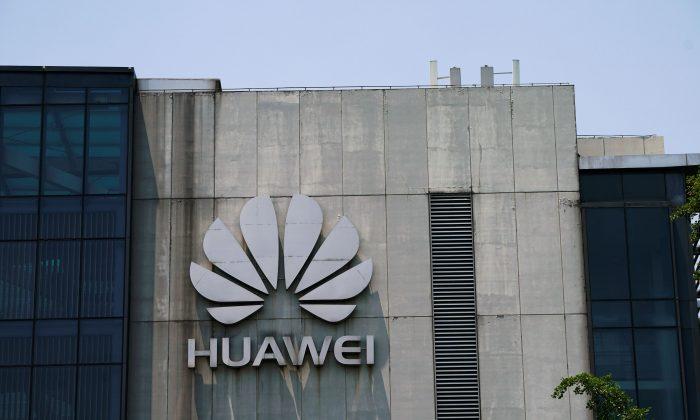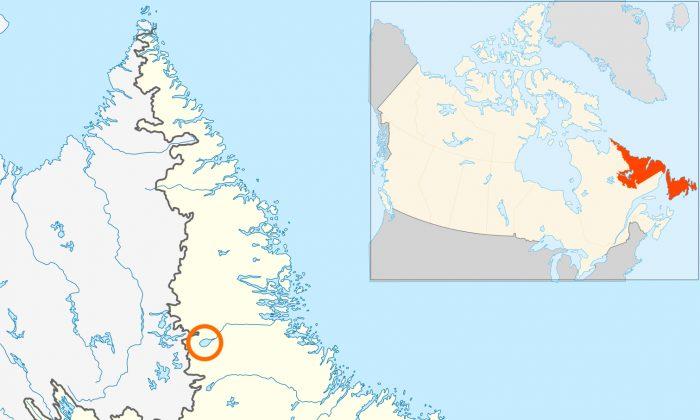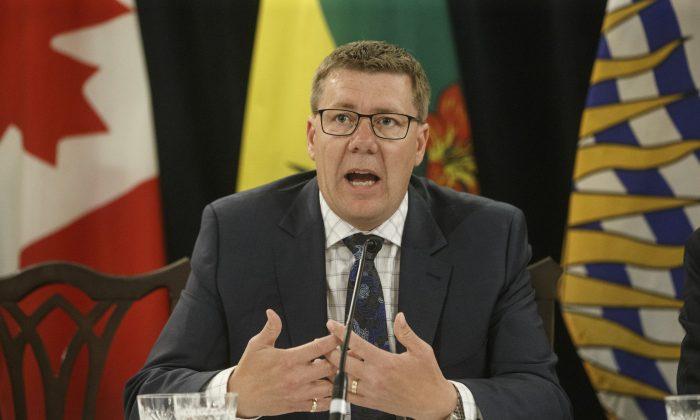The Chinese regime has warned Canada there will be consequences for aiding the United States in a case involving Chinese tech company Huawei that triggered diplomatic tensions between Canada and China six months ago that have since escalated.
“We hope that the Canadian side can have a clear understanding of the consequences of endangering itself for the gains of the U.S. and take immediate actions to correct its mistakes so as to spare itself the suffering from growing damage,” Chinese foreign ministry spokesman Geng Shuang said at a daily news briefing on May 31, according to the Canadian Press.
The two Canadians were detained in China on Dec. 10, 2018, just days after Canada arrested Huawei executive Meng Wanzhou, who is wanted by the United States on charges of fraud. The Canadian government has said it acted in accordance with the rule of law in arresting Meng, being bound by an extradition treaty with the United States.
The arrest of Kovrig and Spavor is widely regarded as retaliation for Meng’s arrest, and is part of other tactics by Beijing to pressure on Canada for her release. Both Canada and the United States have condemned the detentions.
“The United States has stood strong with Canada on the unlawful detention of the two Canadian citizens,” Pence said in Ottawa. “We respect and are grateful for the strong stand in the rule of law that Canada has taken with regard to the Huawei executive, and we’ll continue to engage in the issue.”
He said President Donald Trump is planning to bring up the issue with Chinese leader Xi Jinping at the G20 summit in Riyadh in November.
“We anticipate that he will be meeting with President Xi there, and we’re in the midst of significant discussions over our trading relationship, but I can assure you in that context, and going forward, we’re going to continue to urge China to release the Canadian citizens even while we deal with the larger economic and structural issues between the United States and China. We are standing with Canada in this effort.”
Kovrig, a former diplomat who now works for think tank International Crisis Group, and Spavor, a businessman who has worked extensively in North Korea, have not had access to lawyers or family members since their detention. Consular officials have only been allowed to visit them about once a month.
Huawei Security Risk
In a 13-count indictment, U.S. officials accuse of Meng, Huawei, and two of the company’s subsidiaries of misleading banks about Huawei’s dealings with Iran, a violation of U.S. trade sanctions. Meng herself has been charged with bank fraud, wire fraud, and conspiracies to commit bank and wire fraud.Over the past several months, the United States has been actively warning Canada and its other allies not to use Huawei for their 5G networks, citing security risks, a position that Pence reiterated while in Ottawa.
“We consider Huawei incompatible with the security interests of the United Sates of America, or our allies in freedom-loving nations across the world,” he said.
“The simple fact is the legal framework within China gives the Chinese government access to information and data that is collected by Chinese companies like Huawei, and to have a 5G network worldwide that has access to sensitive national security information we believe is incompatible with the national security interests of the United States.”
Unlike the United States, Canada has not banned Huawei from its 5G network or technological community. The Liberal government has said the decision on whether to ban Huawei will not be a political consideration, but a decision made based on facts and data.
“We trust our experts, our national security and intelligence experts, to make recommendations on how we can ensure Canadians are safe as we move towards a 5G world,” Trudeau said in Ottawa. “The basis upon which we will make our decisions is, as always, on facts and data, rather than on political considerations.”





